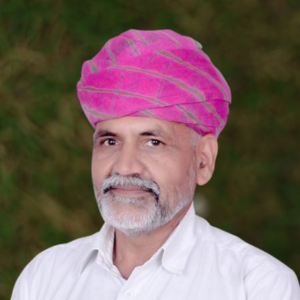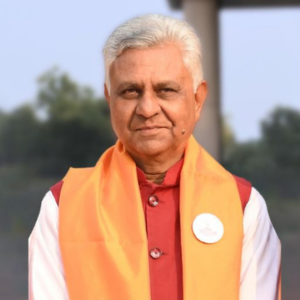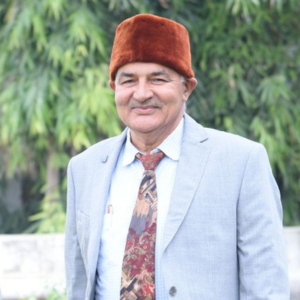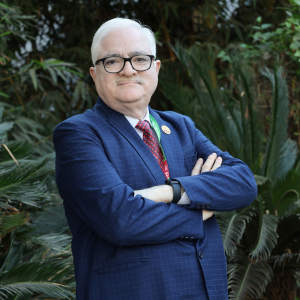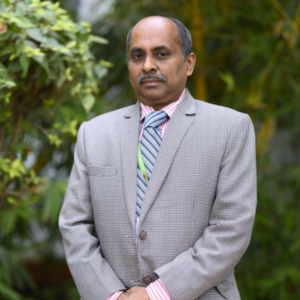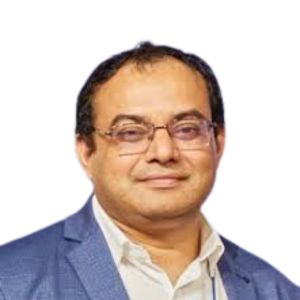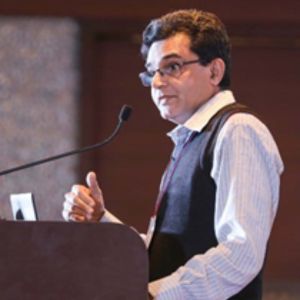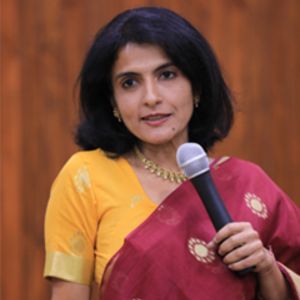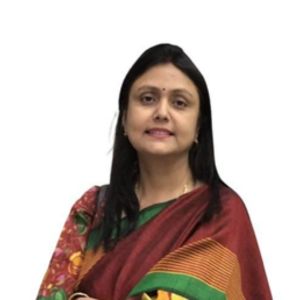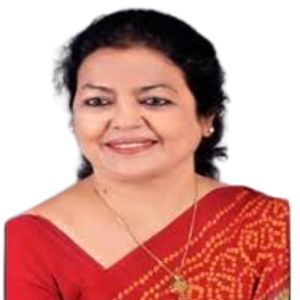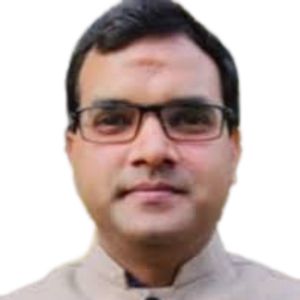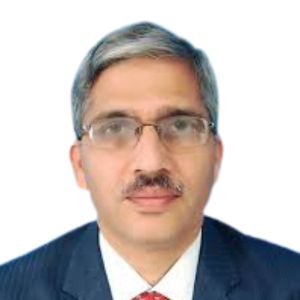Panel Discussion
Topic I: “Integrating Indian Knowledge Systems in Contemporary Policy and Education Frameworks”
- The role of IKS in reshaping education for holistic development.
- Policy frameworks for integrating IKS in governance and industry.
- Challenges and opportunities in bridging ancient knowledge with modern innovation.
- Collaborative models for academia, industry, and policymakers to promote IKS.
Topic II: "Indian Epistemology and Its Contributions to Global Knowledge Systems"
- Contributions to Logic and Reasoning
- Influence on Ethics and Moral Philosophy
- Contributions to Language and Linguistics
Session I: "Deciphering Ancient Texts: Tools and Techniques for Research in IKS"
Objective: The workshop aims to guide participants in developing research programs that explore the vast and diverse field of Indian Knowledge Systems. It will focus on identifying key research areas within IKS, methodologies for conducting research in this domain, and creating sustainable academic programs that bridge traditional wisdom with contemporary academic research.
Workshop Components:
Identifying Research Areas within IKS
- Mapping the different branches of IKS: philosophy, governance, science, art, health, and environmental sustainability.
- Emerging and unexplored areas in IKS for academic research.
- Integration of IKS into interdisciplinary research themes relevant to current global challenges, such as sustainability, climate change, ethical governance, and healthcar
Research Methodologies for IKS
- Understanding traditional methods of knowledge creation and transmission in IKS (oral traditions, case studies, philosophical inquiry).
- Modern research methodologies (qualitative, quantitative, and mixed methods) adapted to IKS studies.
- Challenges and opportunities in applying contemporary research techniques to ancient knowledge systems.
Designing and Structuring Research Programs
- Frameworks for developing undergraduate, postgraduate, and doctoral research programs in IKS.
- Designing curriculum and coursework that support research in IKS across disciplines.
- Best practices for creating academic collaborations to enhance research in IKS, involving cross-institutional, interdisciplinary, and international partnerships.
Building Collaborative Research Networks
- Encouraging collaborative research between scholars from diverse fields (science, social sciences, philosophy, arts, etc.) and practitioners of IKS.
- Establishing networks with traditional knowledge holders, spiritual leaders, and communities for authentic research data.
- Facilitating academic-industry partnerships that apply research findings in real-world scenarios, particularly in sustainable development, education, and healthcare.
Funding and Publishing Research in IKS
- Identifying sources of funding for IKS research (government grants, international organizations, industry partnerships).
- Navigating the process of publishing research in high-impact journals, both traditional and specialized in indigenous knowledge.
- Showcasing successful case studies of IKS research and its impact on academia, policy, and industry.
Session II: “Ethics and Philosophical Foundations in Indian Knowledge Traditions”
Objective: This workshop aims to explore the ethical and philosophical dimensions of Indian Knowledge Systems (IKS) and their relevance in contemporary discourse. It will focus on key ethical principles derived from Indian traditions, their application in governance, business, education, and social structures, and the role of Indian philosophy in addressing modern ethical dilemmas. Participants will gain insights into the profound ethical frameworks of IKS and their interdisciplinary applications.
Workshop Components:
Exploring Ethical Foundations in Indian Knowledge Traditions
- Key ethical doctrines from Indian philosophical schools: Dharma, Karma, Nishkama Karma, and Ahimsa.
- Ethics in classical Indian texts: Bhagavad Gita, Upanishads, Arthashastra, and Buddhist and Jain traditions.
- Moral philosophy in Indian epistemology: Theories of truth, justice, and righteousness in Indian traditions.
Application of Indian Ethics in Contemporary Contexts
- Ethical governance: Lessons from Indian political and administrative systems.
- Business and corporate ethics: Integrating IKS principles in ethical leadership and corporate social responsibility (CSR)
- Personal well-being and moral living: Yogic and Vedantic perspectives on ethical self-discipline and mindfulness.
Philosophical Perspectives on Knowledge and Reality
- Epistemological insights from Indian traditions: Pramana (means of knowledge) and their role in contemporary academic research.
- Comparative analysis of Indian and Western philosophical thought on ethics and knowledge.
- The intersection of philosophy, science, and ethics in Indian traditions.
Building Ethical and Value-Based Education Systems
- Role of Indian ethical traditions in modern education policies.
- Character building and ethical leadership in higher education.
- Designing courses and curricula that integrate Indian philosophical wisdom for holistic education.
Ethical Research and Knowledge Dissemination in IKS
- Ethical considerations in researching and documenting traditional knowledge.
- Challenges of intellectual property rights and fair acknowledgment of indigenous wisdom.
- Best practices in interdisciplinary collaboration for ethical research in IKS.
I. “नेतृत्वं, प्रबंधनं, शासनम् च” – Leadership, Management, and Governance
- Traditional Dispute Resolution Mechanisms like Nyaya Panchayats and their relevance today
- Conflict Management insights from Indian Philosophical and Managerial Traditions
- Community-Driven Governance Models in Ancient and Medieval India
- Indigenous Decision-Making and Conflict Resolution in Indian Traditions
II. “शिक्षा, शिक्षणम्, ज्ञानसंक्रमणम् च” – Education, Pedagogy, and Knowledge Transfervernance
- Integration of Vocational Training and Liberal Arts in Traditional Education
- Role of Shastras and Applied Sciences in Holistic Learning
- Reviving Interdisciplinary Approaches from Indian Knowledge Systems for the Modern Era
- Multidisciplinary Learning and Skill Development in Ancient Indian Education
III. “विज्ञानं, तन्त्रज्ञानं, गणितनवोन्मेष च” – Science, Technology, and Mathematical Innovationsrvernance
- Contributions of Rasayana (Alchemy) and Ayurveda to Modern Pharmaceuticals
- Ancient Indian Architectural and Engineering Marvels: Lessons for Sustainable Infrastructure
- Exploring the Synergy between Traditional and Contemporary Scientific Innovations
- Traditional Knowledge in Medicine and Engineering: Bridging Ancient and Modern Science
IV. “आरोग्यम्, स्वास्थ्यं, कला च” – Health, Wellness, and the Artsonsrvernance
- Integrating Ayurveda and Siddha Traditions in Contemporary Healthcare
- Yoga and Mindfulness: Pathways to Holistic Well-being in Urban Lifestyles
- Indian Aesthetic Theories: Influence on Modern Creative and Healing Practic
- Performing Arts and Music: Cultural Heritage and Therapeutic Applications
V. “पर्यावरणसंरक्षणं, सततविकास च” – Environmental Conservation and Sustainable Developmentrnance
- Water Management and Rainwater Harvesting in Ancient Indian Traditions
- Agricultural Practices and Their Role in Climate Resilience
- Indigenous Knowledge in Biodiversity Conservation
- Vastu and Eco-Friendly Architecture: Lessons for Sustainable Living
VI. “दर्शनम्, नीतिशास्त्रं, सांस्कृतिकधरोहर च” – Philosophy, Ethics, and Cultural Heritageance
- Indian Philosophical Perspectives on Global Ethical Dilemmas
- Cultural Diplomacy: The Global Influence of IKS
- Social Structures and Community Welfare Models in Ancient India
- Role of Indian Epics and Puranas in Shaping Ethical and Moral Values
This conference will foster critical discourse and actionable insights, contributing to a deeper understanding of how Indian Knowledge Systems can shape the future of education, governance, and sustainable development in a rapidly changing world.e
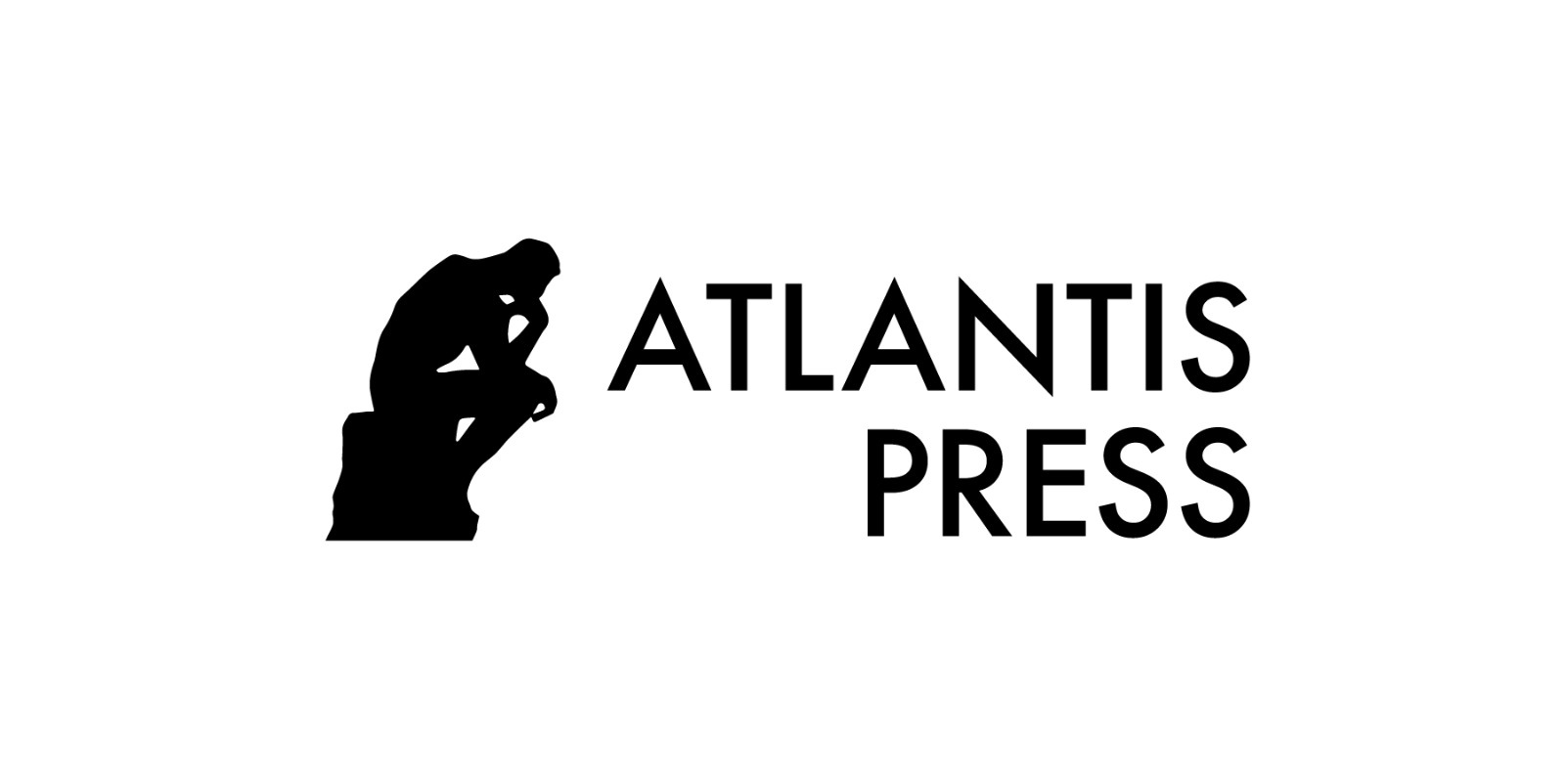

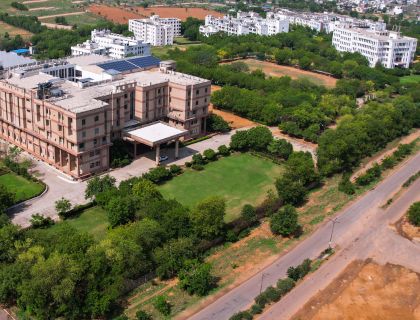
.jpg
)
